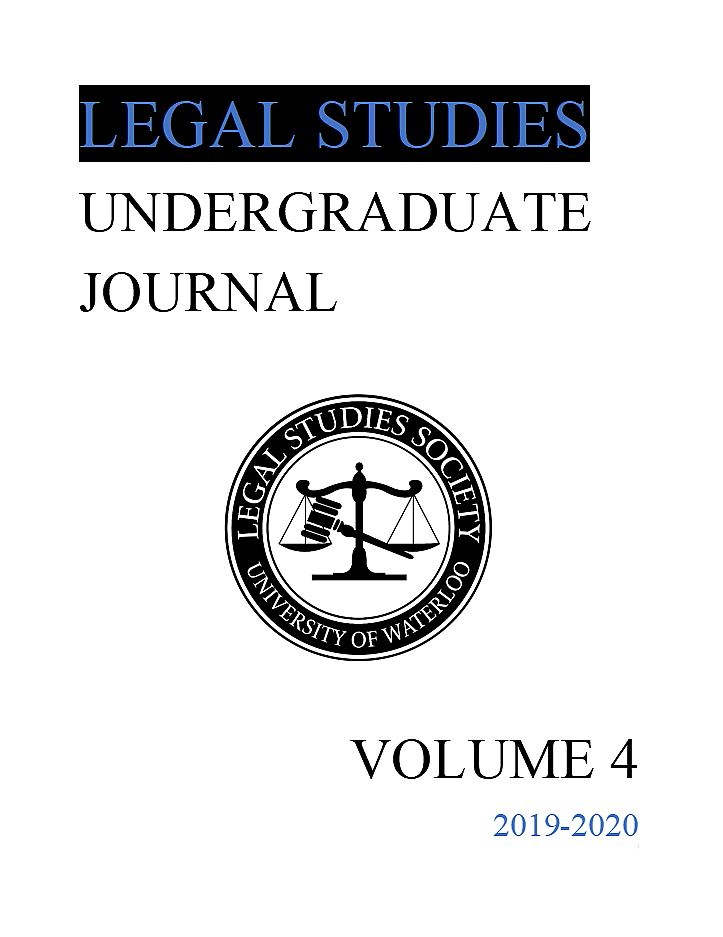Beyond Conventional "Womanhood": Feminist Legal Scholarship and Gender Identities
Abstract
Feminism is a diverse discipline with political, legal, philosophical, sociological, and economic roots. In recent years, some of the conversations within this vast realm of discourse have extended beyond the binary categories of “male” and “female” which marked first- and second-wave feminist discourse. In addition to controversies within Canadian case law and legislation, feminists have been concerned with the following debate: Is there room for various forms of gender expression and identity within feminist legal scholarship beyond conventional conceptions of womanhood? The enactment of Bill C-16 (enacted in June 2017) and the federal decision to amend the Canada Human Rights Act and Criminal Code so that these guiding legal principles will include gender identity and expression as a protected group has gained considerable media attention. Reactions have ranged from enthusiastic acceptance to intense disapproval. For instance, the viral denouncement from former University of Toronto professor Jordan Peterson , who refused to use gender-neutral pronouns and claimed Bill C-16 would “criminalize pronoun misuse,” an unfounded but popularized argument against the Bill (Cossman, 2018, 43-45).
Published
Issue
Section
License
All authors have referenced and footnoted all ideas, words, and/or other intellectual property from other sources used in the completion of the essays. All authors have included a proper reference list, which includes acknowledgement of all sources used to complete the paper. The essays within this journal shall not be reproduced in any form without permission of the publisher or the author, and shall also not be resubmitted in any way for use in any academic setting.Â

